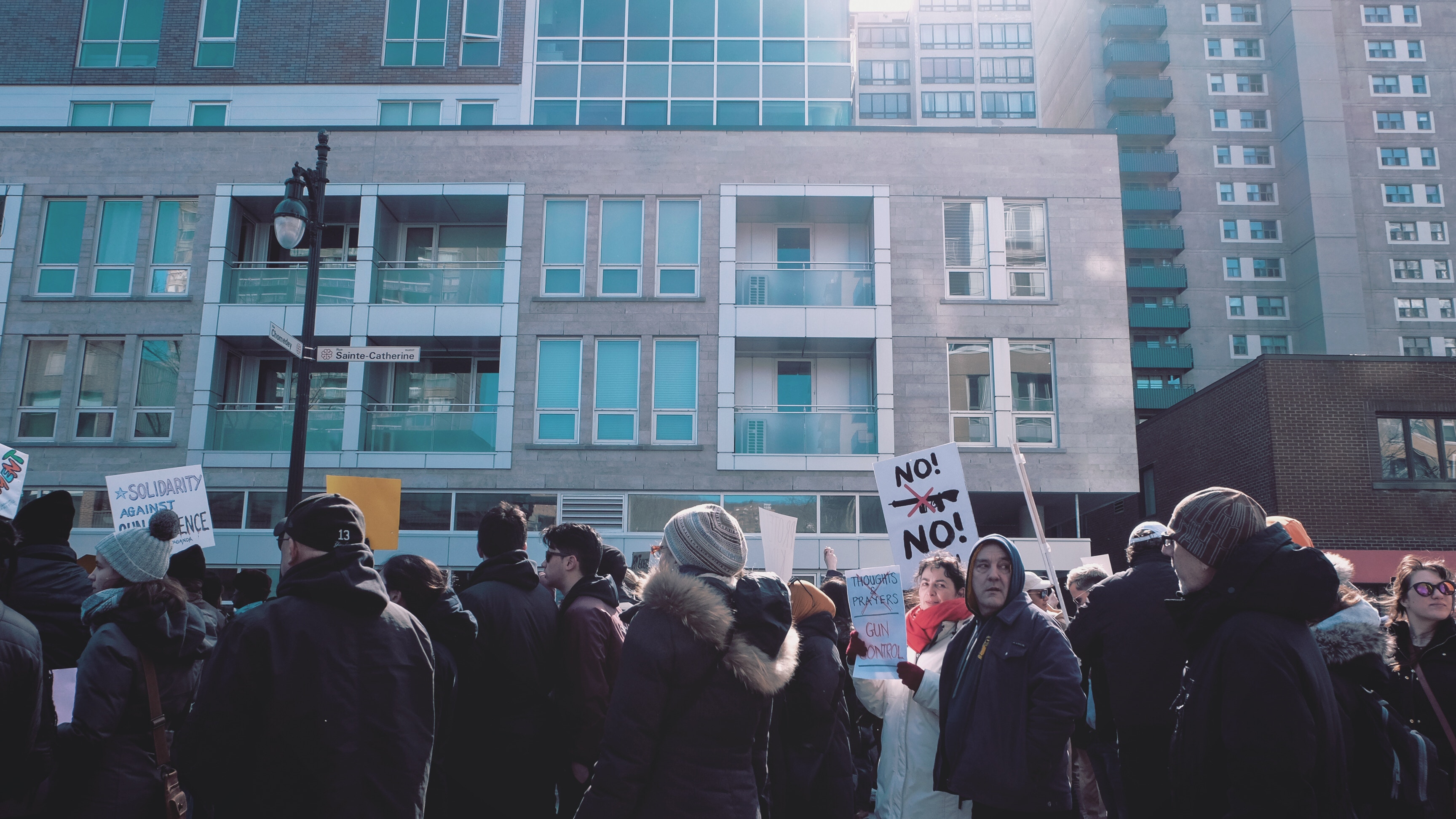
Photo by rawpixel on Unsplash
The term ‘identity politics’ has not always outlined a clear set of values, nor does it always do so today. It has also been used derisively, by those unhappy with what some see as special treatment based on race, gender, or other considerations. Critics also question what impact identity or group politics will have on the concept of the self and the nation over time.
Identity politics seek to implement policy based around the marginalization of ethnic or social identity of groups. The longest recognized of these groups have been the African-American, LBGT, and women communities. This movement is not only talking place in America, though this series will focus on American groups and politics. The same characterization and impetus has been cited by indigenous and self-determined groups alike around the world.
I want to emphasize that the purpose of this series to simply trace the beginnings of the usage of the term identity politics and outline the voices in the conversation. My intent is not to say what is right or wrong, it’s simply setting out to answer the questions of where did this term come from? How is the term used, both originally and currently? Who is leading the conversation? What does the future look like? What insight can psychology offer us? It is an admittedly broad topic, but by diving into the subject, we can learn and develop a richer understanding of the recent history of our country.
This overview will outline briefly the origins of the term “identity politics” and show a bit of the current conversation around it. The following entries in this series will go into more detail about each of the larger communities in the identity politics conversation and trace their history up to the current day.
Formally, ‘identity politics’ was first used in the 1970’s. Since then, the term has been used in reference to movements which took place well before 1970, of course. The first usage of the term is in the 1977 terminal statement of the black feminist group Combahee River Collective. The group was formed in response to exclusion from both the black community, as this was a predominately male-led platform, and the feminist community, which skewed middle class white. Since then, however, ‘identity politics’ has been used in reference to any number of groups, including class, white supremacists, veterans, rural or urban dwellers, and religious distinctions.
In order to understand the reasoning behind the identity politics and the term’s usage, we must understand the climate into which they emerged. Taking a bird’s view, we can see the landmarks of the massive social changes occurring, beginning in the late 1960’s. After World War 2, African Americans increasingly challenged segregation, ultimately leading to Jim Crow laws being struck down in 1965. Rosa Parks refuses to give up her bus seat in 1955, ushering in the Civil Rights era. Dr. King is arrested in Birmingham in 1963, and assassinated in 1968. Malcom X is assassinated in 1965. Their deaths are two of many blacks and defenders of civil rights this decade. We see the founding of the Black Panther Party in 1966. We see the end of the ban on interracial marriage in 1967, and Thurgood Marshall sworn into the Supreme Court that same year.
On the feminist side we can outline similar landmarks. The late 1960’s saw Betty Friedan’s Feminist Mystique published, and the Equal Pay Act passed. We see the 50th anniversary of women’s suffrage in August of 1970. A wave of feminist literature is published in the 1970’s including, Sexual Politics, Ms. Magazine, and Linda Nochlin’s “Why Have There Been No Great Women Artists?”. Title IX is passed, along with the opening of US Armed Forces military academies to women. We see Billie Jean King in the “Battle of the Sexes” and hear the anthem “I Am Woman”. This decade also marks the beginning of reproductive and women’s health studies and women entering the workforce again.
Thirdly, the Gay rights movement had just gotten underway the decade prior. Jose Sarria becomes first openly gay candidate to run for public office in San Francisco in 1961. 1970 saw the first Gay Liberation day and parade in New York City. Homosexuality is legalized in California in 1975. Harvey Milk is elected city-county mayor of San Francisco in 1977, and assassinated the following year.
It is into this churning landscape that the seed of shaping policy around a group’s identity and experience takes hold and begins to germinate. As Sonia Kruks has been widely quoted for succinctly stating in her 2001 book, “what is demanded is respect for oneself as different.” So, now, rather than being granted rights in spite of differences, the differences themselves are the cause for rights. It seems to be around this slight transition where the current fracturing begins.
The basic premise of identity politics has been to secure rights for groups which were historically ignored or harmed by the politics of the majority. However, most recently, the same premise is being criticized for dividing and polarizing Americans. Not to say there have not been pockets of resistance to all social progress along the way, but specifically in the 2010’s, we are seeing organized political thinkers begin to criticize the whole of identity politics and their impact on society.
In an interview with New Humanist, Asid Haider concludes that the political ideologies put forth today in the name of identity politics have little in common with the origins of the term. “The way “identity politics” has now come to represent such drastically different political practices and beliefs suggests to me that we do not need to be attached to the term. The term now means many things. I think we should carefully study and learn from its history, but also criticize the practices and beliefs which now go under its name.”
Additionally, Mark Lilla in an interview with The New Yorker echoes the sentiment that identity politics are dividing the country, rather than strengthening and empowering the population as a whole. A simple Google search returns hundreds of websites, blogs, and videos in agreement.
Considering the current political climate of America, identity politics are central to many debates and don’t seem to be disappearing anytime soon. It seems the question will be how can we (Americans) best navigate social policy in a way that ensures rights for all? This has always been the theoretical aim of the country, but now we are hearing from more and more segments that they are unhappy with the way they have been treated historically. How do we determine who all is? The questioning of political philosophies could also enter discussion here, specifically the utilitarianism of Mill as opposed to the Theory of Justice outlined by Rawls.
Now that we have broadly outlined the origins of the term “identity politics” and have established the current state of the term in society, I am so excited to dive deeper into the history and voices of African-American identity politics next.
Thanks for reading!




